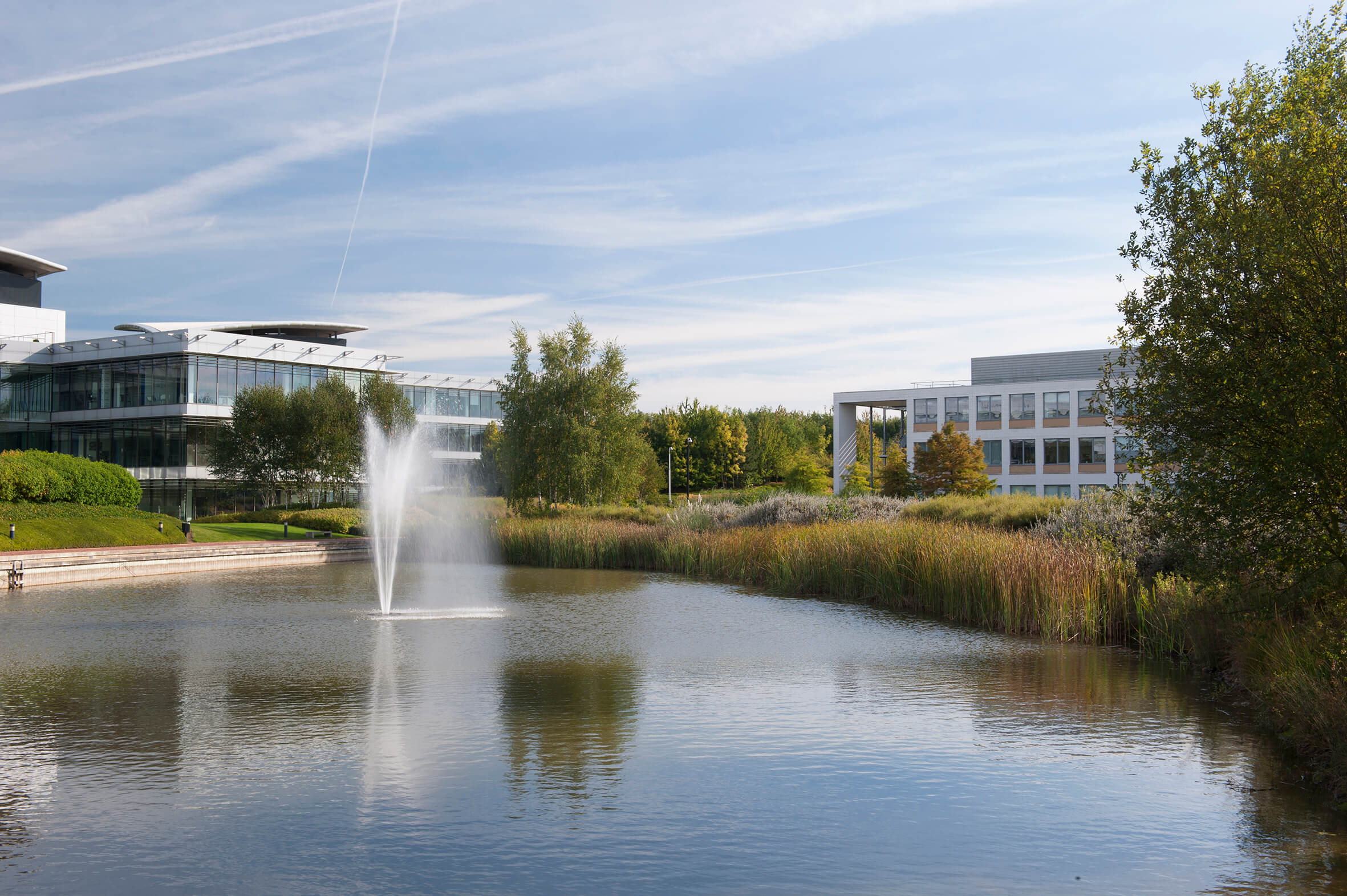Arab League Joint Defence Council
Critical minerals, policy, and the energy transition
Facilitating market development across the Arab League Joint Defense Council
The Arab League Joint Defense Council, established in 1950, coordinates defence and security policies among member states. It plays a crucial role in addressing modern challenges, including critical minerals, policy, and the energy transition. The Council fosters collective security and cooperation, ensuring member states can effectively respond to regional and global threats. The members of the Arab League Joint Defense Council are located across North Africa and the Middle East, creating a geographically diverse alliance that spans from the westernmost part of North Africa to the eastern reaches of the Arabian Peninsula. In the context of critical minerals, the Council's collaborative efforts are vital for securing and efficiently managing resources essential for technological advancements and renewable energy technologies. North Africa is particularly rich in phosphate, uranium, and rare earth elements, while the Middle East holds significant deposits of critical minerals needed for high-tech industries and renewable energy applications. Policies coordinated through the Council ensure that extraction, processing, and supply chains are resilient and sustainable. The Council's unified approach promotes investment in energy transition projects, enhancing regional stability and economic growth. Countries in both North Africa and the Middle East are investing in solar and wind energy, leveraging their natural resources and geographical advantages.
Arab League Joint Defense Council members
The Arab League's membership has evolved over the decades, reflecting the dynamic history and geopolitical changes of the region:
-
Founding Members (1945): The Arab League was established with seven founding members: Egypt, Iraq, Jordan, Lebanon, Saudi Arabia, Syria, and Yemen. The goal was to foster pan-Arab unity, coordinate political actions, and enhance economic cooperation. Motivated by the need for post-colonial solidarity, mutual defence, and cultural preservation, these nations sought to assert their sovereignty and collaborate on shared goals.
-
1950s: Expansion continued, with Libya joining in 1953, Sudan in 1956, and Morocco and Tunisia both joining in 1958.
-
Libya joined shortly after gaining independence from Italian colonial rule in 1951. Joining the Arab League was a step towards asserting its sovereignty and aligning with other Arab nations to foster regional unity and support.
-
Sudan joined the Arab League two weeks after gaining independence from British-Egyptian rule. As a newly independent nation, joining the Arab League was crucial for Sudan to integrate into the regional political and economic framework and gain support from fellow Arab states.
- Morocco and Tunisia both gained independence from French colonial rule in 1956. Joining the Arab League was part of their broader strategy to embrace Pan-Arabism, which sought to strengthen ties among Arab nations and collaborate on political, economic, and cultural issues.
-
-
1960s: Kuwait became a member in 1961, Algeria joined in 1962, and South Yemen was added in 1967.
-
Kuwait gained independence from British protectorate status on 19 June 1961. Joining the Arab League was a strategic move to affirm its sovereignty and gain regional support amid concerns about territorial claims by neighbouring Iraq.
-
Algeria joined the Arab League on 3 July 1962, shortly after gaining independence from French colonial rule. Algeria wanted to solidify its place in the Arab world and garner support for its development and post-colonial recovery.
- South Yemen (the People's Democratic Republic of Yemen) gained independence from British colonial rule on 30 November 1967. Joining the Arab League helped South Yemen integrate into the regional political landscape and secure support for its new government.
-
-
1970s: Membership significantly increased in the 1970s, with Bahrain, Oman, Qatar, and the UAE joining in 1971. Mauritania followed in 1973, Somalia in 1974, and Djibouti in 1977.
-
In 1971, Bahrain, Oman, Qatar, and the UAE gained independence from British colonial rule. Joining the Arab League helped them assert their sovereignty within a regional political framework and establish a collective security mechanism to protect their newly gained independence and maintain stability in a geopolitically sensitive region.
-
After gaining independence from France in 1960, Mauritania joined the Arab League in 1973 to solidify its place within the Arab world and gain political and economic support.
- Somalia joined the Arab League in 1974 to gain a platform for influencing regional policies and benefiting from collective diplomatic efforts.
-
-
1990s: Comoros, the most recent addition, joined the League in 1993. As a small island nation with limited resources, membership offered opportunities for economic aid, investments, and trade agreements that were crucial for its economic growth and stability.
-
Syria was readmitted to the Arab League in May 2023 after a suspension that began in 2011 due to the civil war. This reinstatement reflects ongoing efforts to address regional conflicts and foster stability.


Meet the Critical Minerals team
Trusted advice from a dedicated team of experts.

Henk de Hoop
Chief Executive Officer

Beresford Clarke
Managing Director: Technical & Research

Jamie Underwood
Principal Consultant

Ismet Soyocak
ESG & Critical Minerals Lead

Rj Coetzee
Senior Market Analyst: Battery Materials and Technologies

How can we help you?
SFA (Oxford) provides bespoke, independent intelligence on the strategic metal markets, specifically tailored to your needs. To find out more about what we can offer you, please contact us.





















